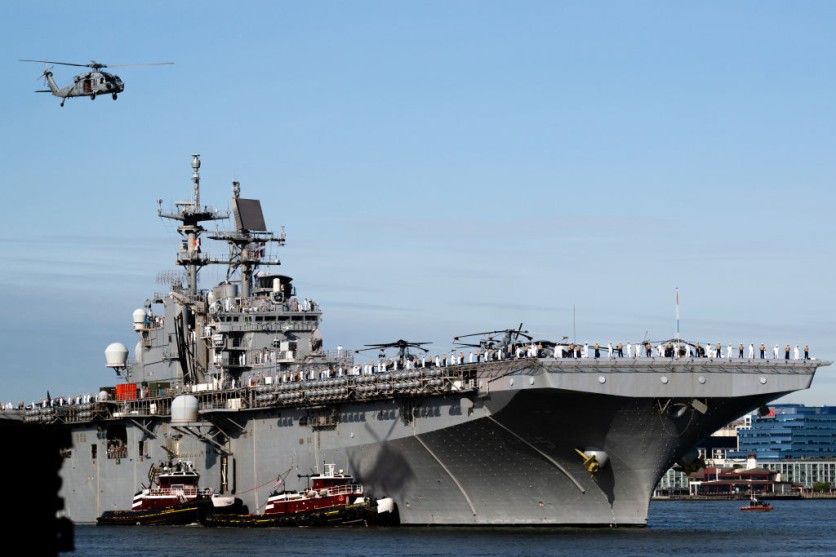Shipbuilding company Austal USA recently delivered Expeditionary Fast Transport USNS Apalachicola (EPF 13) to the US Navy - the largest surface vessel in the fleet equipped with autonomous capabilities.
The Austal USA team worked with L3Harris and General Dynamics Mission Systems to incorporate health monitoring, mission readiness, and automated maintenance, to the hull, mechanical, and electrical systems already present on the Austal Australia-designed Spearhead-class Expeditionary Fast Transport ships.
This gave EPF 13 the ability to operate for up to 30 days without requiring human intervention.

"Game Changer"
According to Austal Limited CEO Paddy Gregg, the delivery of EPF13 is a "game changer" for the US Navy and the larger shipbuilding sector. It showed that it was possible to incorporate autonomous technology into hull designs and produce unmanned surface vessels.
"EPF13 can operate for up to 30 days without human intervention, which opens up so many opportunities for unmanned missions in various operations, as an autonomous prototype," Gregg said in a press release statement.
Austal USA's highly automated in-house designed machinery control system (MCS), which centralizes machinery operations to the bridge and enables the ship to be lightly staffed, was essential to the autonomy project.
The company claims that the MCS design is scalable, distributive, safe, and adaptable for various propulsion configurations. It is also equipped in all Spearhead-class EPFs that have been built by the business so far.
In 2022-2023, Austal USA and its business partners L3Harris and General Dynamics Mission Systems had the opportunity to test and analyze EPF 13's typical ship systems five times over a period of months.
They also tested the systems from the autonomous design and construction contract modifications that the US Navy mandated to create EPF 13 as an autonomous prototype.
Autonomous Ship Capacity
Austal USA President Rusty Murdaugh claims that the autonomous ship is "innovative and is going to be a critical asset as unmanned capabilities continue to push boundaries and redefine how missions are achieved."
The Navy has received the first Expeditionary Fast Transport vessel, EPF 13, with improved capabilities to support V-22 aircraft operations as well as deploy and retrieve 11-meter RHIBs.
Future Navy Expeditionary Advanced Base Operations around the world will be supported by these modifications, along with EPF's demonstrated high speed, mobility, and shallow water access.
The US Navy has determined that autonomous vessel capacity is a strategic sector that needs to be prioritized.
Austal USA is working to improve this field. Hence, it is collaborating with L3Harris on the MCS upgrade of the Overlord vessel, the development of Vanguard (OUSV 4), and Surveyor unmanned surface vehicles with Saildrone.
Related Article : US Navy's Anti-Hypersonic Missile Energy Systems Now Being Developed; Efficient Against Chinese, Russian Rockets?

![Apple Watch Series 10 [GPS 42mm]](https://d.techtimes.com/en/full/453899/apple-watch-series-10-gps-42mm.jpg?w=184&h=103&f=9fb3c2ea2db928c663d1d2eadbcb3e52)



